Author Archive
Music, Violence, and Joy in They Can’t Kill Us Until They Kill Us

Hanif Abdurraqib’s 2017 essay collection explores a conflict he sees in his own project, perhaps in any endeavor toward joy: how can one write about music, let alone listen to it or make it, when people are dying?
Wuthering Heights and Language Play
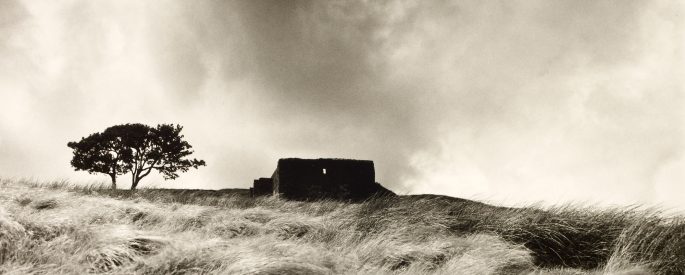
What if Emily Brontë’s achievement in her only novel is really its dramatic correlation to her own passage from child actor to adult novelist, serving as a natural extension of her language play, and espousing play as necessary work?
Kinetic Orality in 1919
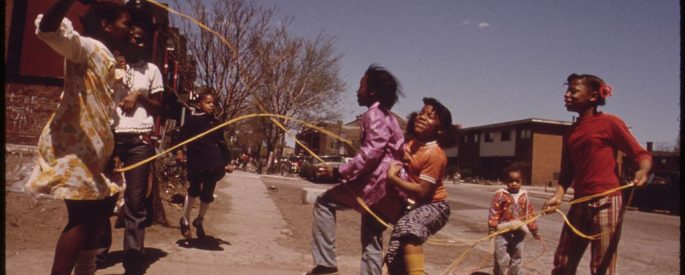
Eve L. Ewing fills her poems with bodies and voices. This interplay between rhythm and language becomes a means by which the marginalized speak; kinetic orality is a response to the recurring nature of systemic racism in that it thrives on both repetition and improvisation.
The Colonizer and The Ghost

Museums are filled with ghosts, if “ghost” is just another word for “longing.” Their collections typify our desire for possession, which, as poet and essayist Mary Ruefle would argue, is a “sickness”—the “world’s greatest sickness on earth,” in fact.
The Radical Grief of Obit
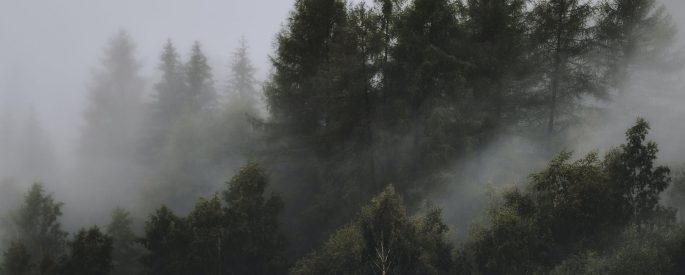
The elegies in Victoria Chang’s new collection show us how grief radiates from a central loss inwardly toward self-examination, and outwardly toward collective grief.
Horse Poems
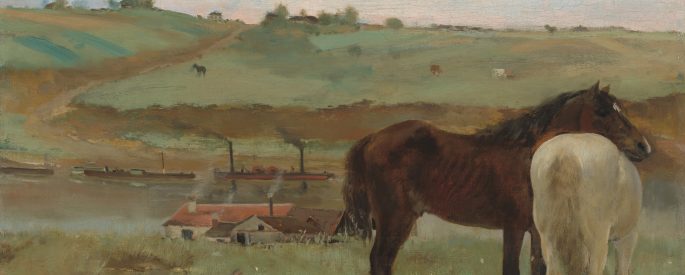
Horses are ghosts. They are living reminders of our preindustrial past. Like ghosts, they remind us of uncomfortable things.
The Moral Universe in Ninety-Nine Stories of God
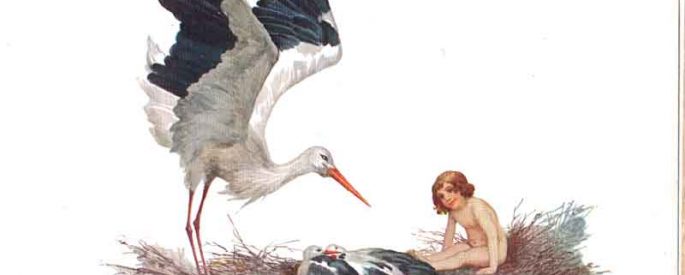
Fiction writer and essayist Joy Williams wears sunglasses all the time—a fact that might be a walking metaphor. In Williams’ world, it seems, God is also wearing a pair of mirrored sunglasses, and after we tire of making funny faces at ourselves in His lenses, we start to panic.
The Angel in the Woods
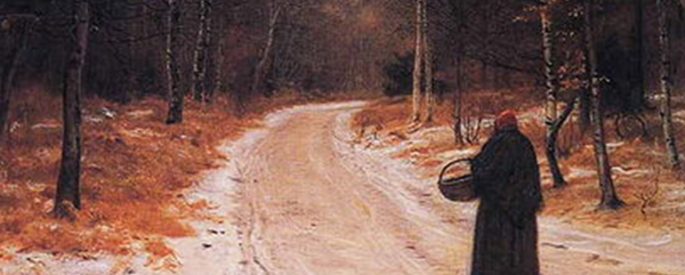
Emily Dickinson knew that modesty and self-confidence, blended together, would disarm her reader and delight and mystify the people around her. Shirking conventionality offered her a modicum of freedom and enlarged her presence simultaneously; she was both eccentric spinster and white-clad angel, depending on how you saw her.
Prospero the Homeschool Teacher
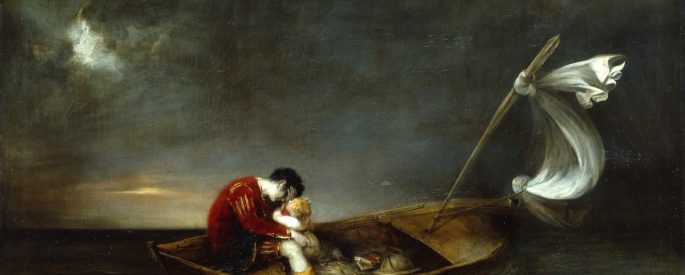
Even to an erudite mage like Shakespeare’s Prospero, Miranda’s mind is mysterious and powerful, her memory evocative of her individual, autonomous character. He’s done his best to teach her, despite the circumstances, but no teacher can say with certainty what a student will remember and what will be forgotten.
The Banality of Evil in The Turn of the Screw
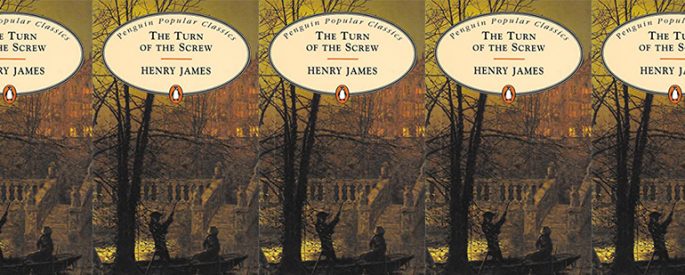
Henry James’s 1898 novella exists as a sort of literary question not unlike that posed by Hannah Arendt. Are the ghosts in this ghost story actually present, or are they just extensions of its governess’s disordered mind? Or—to put it another way—if evil is present in the narrative, where